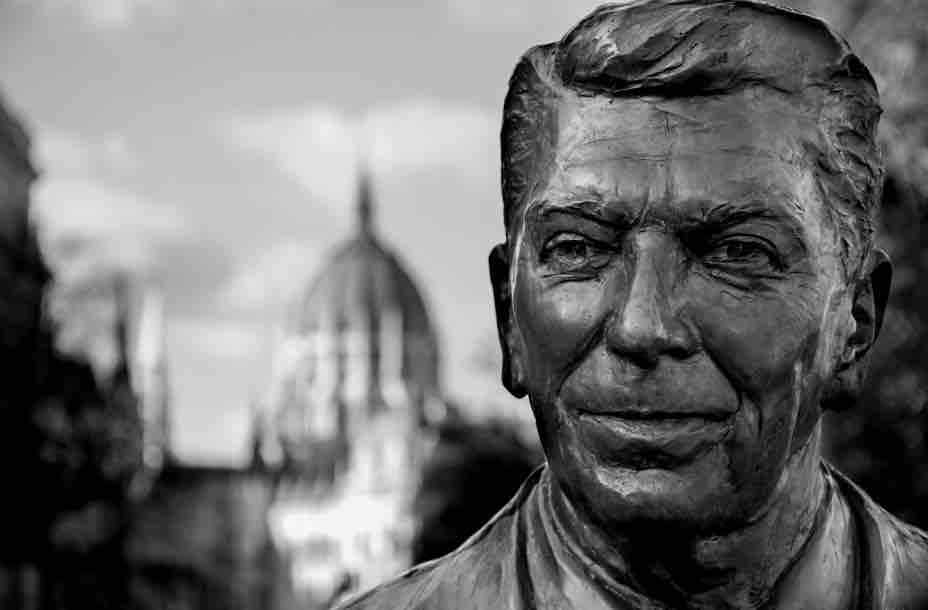The strategy adopted by central governments to handle the COVID-19 economic downturn was simple: bail out the entirety of the capitalist class. Governments throughout the industrialized world, including the United States’, have spent trillions of dollars providing subsidies to landlords, multinational corporations, and financiers throughout the pandemic. Although the vaccines were heavily funded by the federal government, private companies continue to profit and hold intellectual property patents.
Naomi Klein defines this disaster opportunism, or disaster capitalism, as the exploitation of a sudden crisis for private profit. In this article, I argue why this contemporary political economy made the U.S. fail to address COVID. Instead of looking for ways out of catastrophe, we learned how to make the most of it.
In 1929, the previous economic order emerged after the near-collapse of capitalism itself. The Great Depression brought about widespread unemployment and the collapse of the global stock market, and it provoked extreme distrust in financial institutions. It produced global political and economic upheaval, and there was little precedent for how to get out.
When leaving the market to its devices failed, the United States turned to Keynesian economic policy to address the crisis. Franklin Roosevelt’s New Deal Order was a drastic shift from the unfettered economy that defined the decade before to an era of government intervention in the economy not seen since the Civil War. The Keynesian welfare-warfare state relied on public spending on domestic infrastructure, social programs, and the military.
Over 40 years ago, the New Deal Order was replaced by the neoliberal regime. George Monbiot, a columnist for The Guardian, noted the Reagan administration’s “massive tax cuts for the rich, the crushing of trade unions, deregulation, and privatization” personified this new era of American capitalism. Neoliberalism preserved larger-than-life defense budgets and put the “corporate” in corporate welfare.
At the height of the New Deal Order, private-sector union membership held at 35%. However, at the start of the neoliberal regime, from 1973 to 2019, private-sector unionization dropped from 27% to just 6%. A power shift had taken place, centering less and less on the working class. The result? An era of capital domination that, once presented with a crisis, can control who floats and who sinks.
And so, the neoliberal school of thought triggered a reversal of Roosevelt’s New Deal Order. It shifted the U.S. political economy from being supervised and regulated by the federal government back to free-market principles embraced before the Great Depression — a society where working-class power remains devastatingly weak and owners of capital are left extremely unchecked. This new power dynamic is the very nature of the modern political economy that inherited the pandemic.
Out of the world’s 500 million total COVID-19 cases, 79 million have come from the U.S. alone. By April 6, 2020, the Coronavirus was the leading cause of death in the United States, and unemployment had risen to as high as 14.7%. Many Americans reported difficulty in covering necessities like food and rent.
Before there was a serious conversation about relief for the public, there began a concentrated effort to put the business community on government life support. The Federal Reserve immediately injected $1.5 trillion into the stock market in March of 2020, propping up the benefactors of the system (stockholders) instead of heavily investing in its pillars (workers).
When American workers received their first direct government assistance of the pandemic — $1200 checks through the CARES Act — Congress also provided $135 billion in tax cuts to millionaires. Subsequent relief bills continued to smuggle unsupervised money to enrich the rich during a public health crisis. These policies gave lifeboats to those who attend the cocktail parties while leaving the servers to cling to the debris.
The profiteering from the virus itself embodies how neoliberalism takes advantage of catastrophe. Pharmaceutical companies like Pfizer reported record revenues of $3.5 billion for their vaccines, which are subsidized by the American taxpayer. And as unemployment was sky high, American billionaires gained $1.2 trillion between March 2020 and April 2021. Capitalists did not just get bailed out; they made substantial advances.
Workers are beginning to realize the extreme power imbalance at play. America witnessed Striketober, a collection of strikes in October of 2021, where Massachusetts nurses, West Virginian steelworkers, and Harvard graduate students went on strike. Most recently, Starbucks workers are unionizing in several locations, along with the first-ever Amazon Labor Union authorized in Staten Island, inciting hope for the future of the modern labor movement.
If neoliberalism persists, crises like the mishandling of the COVID-19 pandemic will continue as a mechanism to provide “socialism for the rich and rugged individualism for the poor,” as Martin Luther King, Jr. put it. If the working class continues to fight back, there is hope to change the nature of our society to once again prioritize the interests of labor over capital.
Image by Nicolas HIPPERT is licensed under the Unsplash License.



